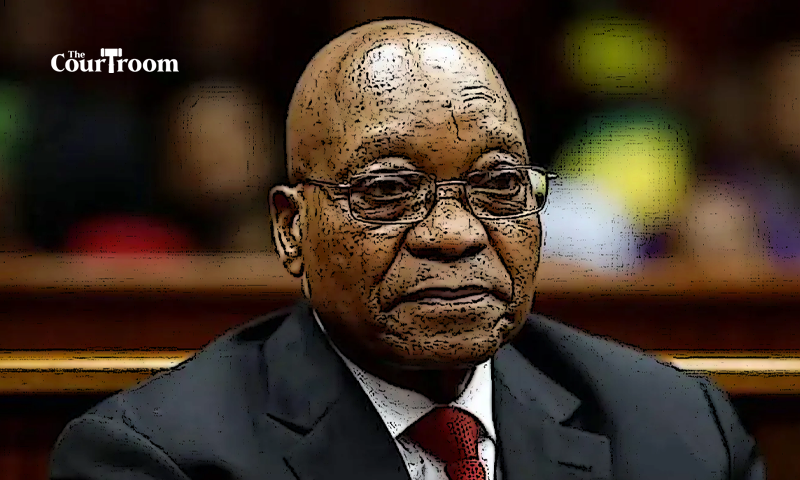Constitutional Court of South Africa’s Decision on Jacob Zuma’s Eligibility
Jacob Zuma, former president of South Africa has been barred by the The Constitutional Court of South Africa stating that he cannot run for a parliamentary seat in the upcoming national election due to his previous criminal conviction.
Official Statement
In its ruling, the court declared Mr. Jacob Zuma was convicted of a crime and received a prison sentence exceeding 12 months, in accordance with section 47(1)(e) of the Constitution. Consequently, he is ineligible to be a member of, or to run for election to, the National Assembly until five years have passed since he completed his sentence.
Jacob Zuma’s Political Ambitions
Jacob Zuma had planned to stand as a candidate for uMkhonto weSizwe. A new political party aiming to challenge the African National Congress (ANC), which has been the ruling party since the end of apartheid three decades ago.
Timing and Overturning of Previous Decision
This ruling, delivered just nine days before the May 29 election, nullifies a lower court’s decision that had allowed Zuma to participate. The Constitutional Court in Johannesburg clarified that Zuma is prohibited from serving as a lawmaker until five years after completing his sentence.
Background of Zuma’s Legal Issues
Jacob Zuma, who led the ANC until he stepped down as president in 2018 amid numerous corruption scandals and internal party disputes, was convicted of contempt of court by the Constitutional Court for refusing to testify before an anti-corruption commission.
Legal Proceedings and Electoral Commission’s Role
In March, South Africa’s election commission disqualified Zuma. However, a month later, a court lifted this ban, interpreting the constitutional provisions as not applicable to Zuma’s situation. On Monday, the Constitutional Court reversed this decision following an appeal from the electoral commission, reaffirming that Zuma is ineligible to seek a parliamentary seat for five years post-sentence.
Constitutional Provisions and Democratic Integrity
The South African Constitution disqualifies individuals sentenced to over 12 months in prison, without the option of a fine, from holding parliamentary office. This rule aims to protect the integrity of the democratic system established after apartheid ended in 1994.
Upcoming Elections
In the upcoming elections, South Africans will vote for the national parliament and nine provincial legislatures. The parliament is responsible for electing the president, while each legislature selects a provincial premier.
Share your news, articles, deals, columns, or press releases with us! Click the link to submit and join our platform today.


